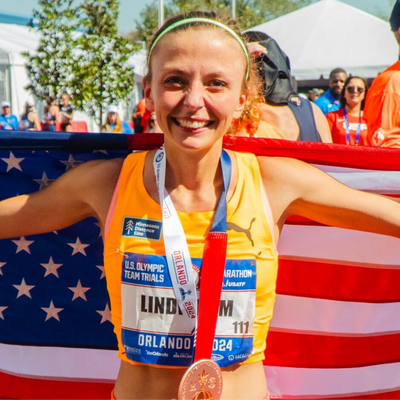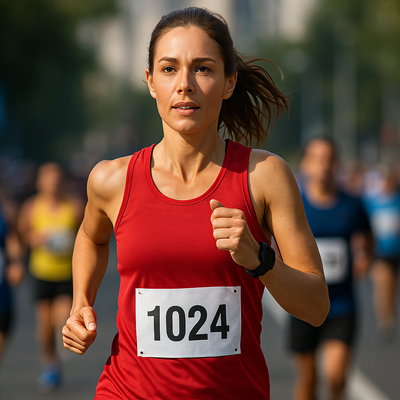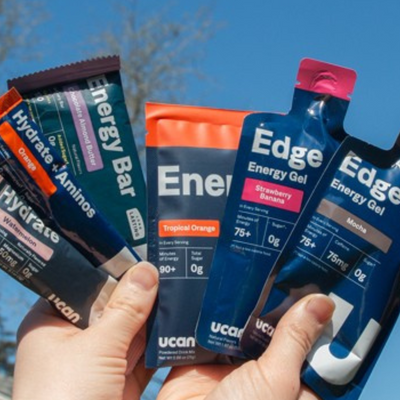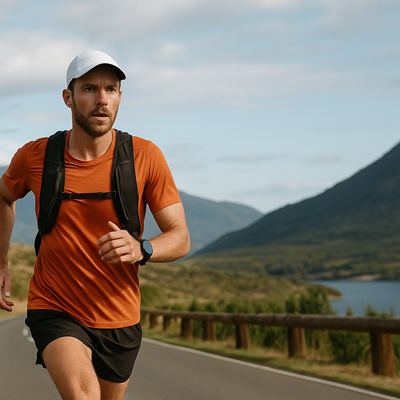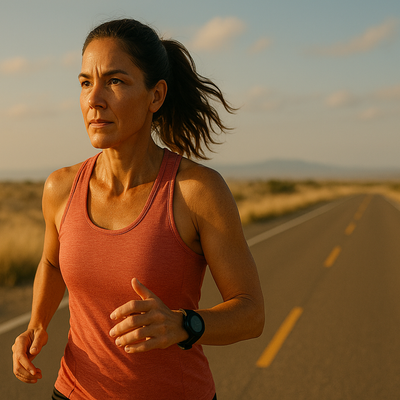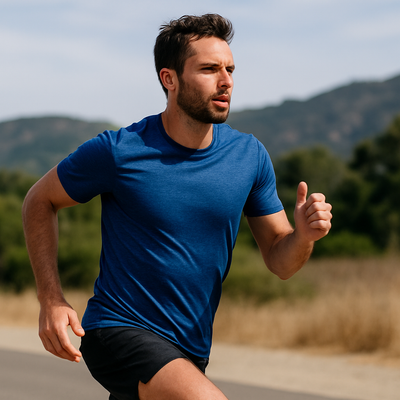Bob Seebohar was the sports dietitian for the 2008 U.S. Olympic team and currently works with athletes of all levels. An endurance athlete himself and a longtime student of sports nutrition, his views on nutrition have evolved over time.
With so much conversation around how many carbohydrates athletes should be consuming per hour for an endurance event, we decided to get Bob's take on this hot topic.
"Let's put this in context. When I was going through school and starting my Sport Dietitian career, the research was supporting 30 to 60 grams of carbohydrate consumption per hour of training.
It didn't really change until about 10 years ago or so and that's when it bumped up to about 90 grams. In fact, there is actually some evidence to identify even a larger ceiling of 144 grams per hour. That's just crazy talk right there.
There is no way a male and a female endurance athlete have the same nutrient timing plan. I don't care who you talk to, I don't care what research you look at, we don't have enough data on female athletes. Now, it's being done, which is great. But it's going to be a while until we have conclusive evidence. Number one, female athletes, you've got to take yourself out of this equation. All those studies were done on male athletes. Number two, we need need to consider what they're eating during the day. We need to understand what you're doing in your daily nutrition, because that can actually predispose you to needing more or less carbohydrates during your training.
We've got some, in my opinion, really debatable research in terms of carbohydrate consumption per hour because every single one of us is not the same. I remember a lot of the athletes I've worked with, liberating them from not following the 30 to 90 rule. Maybe it's 30, maybe it's 40, maybe it's 20 — there's no magic number. Which means I can eat far fewer calories or grams of carbohydrate per hour and sustain the normal intensity — if not higher.
A huge fallacy out there is that you cannot teach your body to burn fat at higher intensities. You can! When you do that, you don't need 30 to 90 grams.
Through food, how do we optimize blood sugar control, health, and performance? And then you need to find products that support those things. Before UCAN came to the scene, there were no products that do what UCAN does, there are still no products that do what UCAN does. It is all about controlling and optimizing blood sugar for health and performance and UCAN is always part of my strategy. Always."


